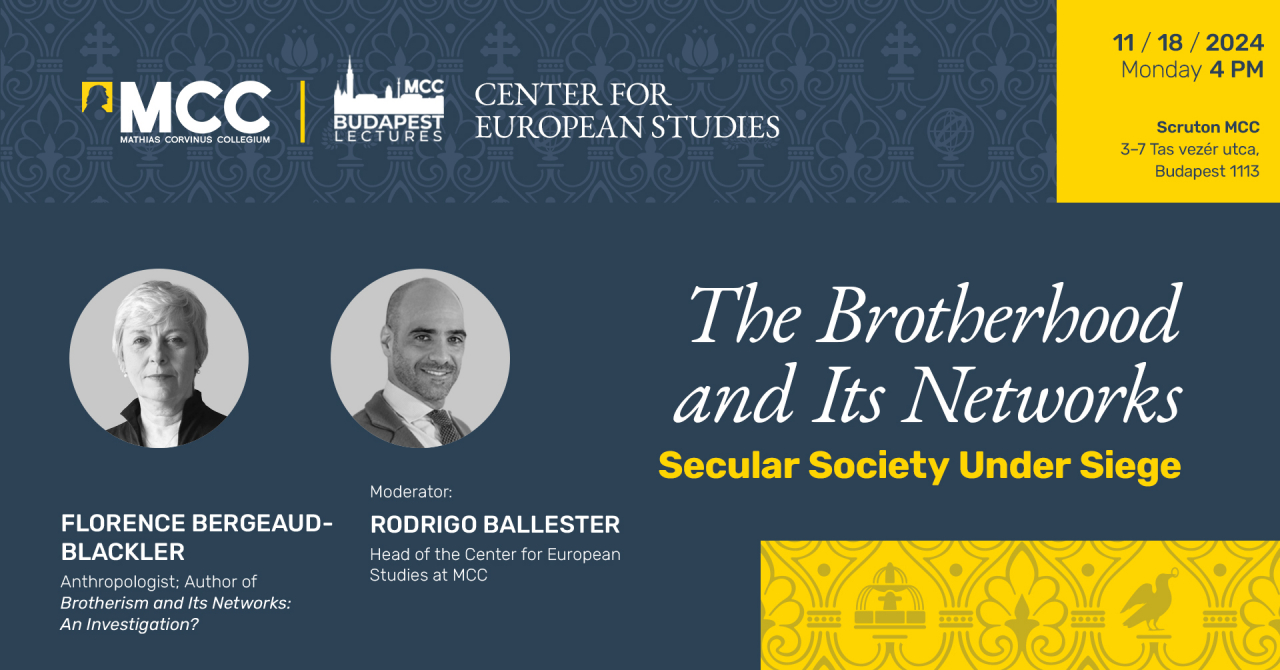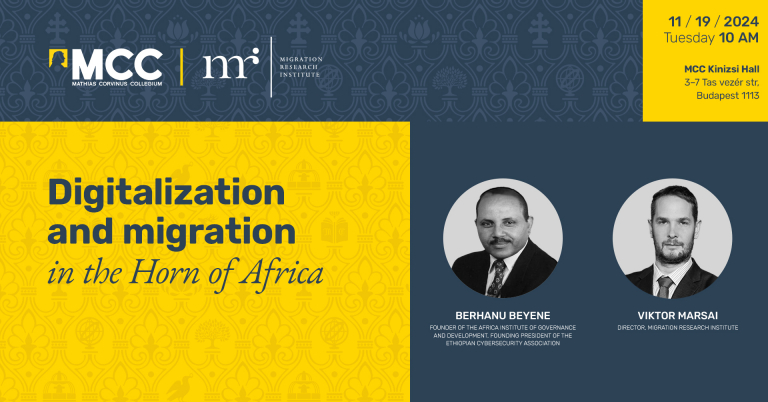The Brotherhood interprets such unrest as evidence of Muslim non-assimilation, an advantage in their long-term goal to strengthen the ummah (Muslim community) as a cultural and political force in France. However, the Brotherhood faces challenges with youth radicalization and violent protests, as it seeks to develop a Muslim elite rather than a marginalized underclass. Bergeaud-Blackler describes the MB’s approach, known as "Brotherism," which resists assimilation and emphasizes Sharia-compatible values over secular ones. This ideology, however, clashes with France’s strict separation of religion from public life. The MB has nonetheless made subtle advances in public institutions, education, and civil society, advocating for Sharia-aligned practices, which many French citizens view as a threat to secular and democratic principles. To counter this influence, Bergeaud-Blackler calls for political unity and a clear stance on secularism to prevent gradual shifts toward an Islamist influence in French society. How can a society tackle such a challenge?
Date: November 18th, 2024 (Monday), 4.00 PM-5.00 PM
Venue: MCC Scruton (Budapest, Tas Vezér Utca 3-7., 1113)
The event is open to the press and all, but pre-registration is required.
Language: English
Program
4:00 PM – 4:45 PM Moderated Discussion
- Florence Bergeaud-Blackler, Anthropologist; Author of Brotherism and Its Networks: An Investigation?
- Moderator: Rodrigo Ballester, Head of the Center for European Studies at MCC
4:45 PM – 5:00 PM Q&A
BIO
Dr. Florence Bergeaud-Blackler: Her academic journey includes a Doctorate in Anthropology from the University of Bordeaux and a habilitation to direct research granted by the School for Advanced Studies in the Social Sciences (EHESS). Her comprehensive education and extensive research experience have solidified her reputation in the academic community. In 2024, Dr. Bergeaud-Blackler was honored with the Chevalier de la Légion d'Honneur, recognizing her contributions to academic and public discourse in France and beyond. The same year marked the establishment of the Centre Européen de Recherche et d'Information sur le Frérisme (CERIF), which she leads. Under her guidance, CERIF co-organized a pivotal international scientific conference on Islamism in Europe on May 15, 2024, in Paris. She initially specialized in the study of Islamic normativities within a secular context. Her approach integrates pragmatic sociology and the economics of conventions to explore the intricate relationships between economics, religion, and politics in a globalized setting. Key questions she addresses include the role of the economy in shaping religious norms, the penetration of religion into economic spheres, whether markets can convey religious norms, and if religious norms mirror specific economic rationalities. This line of inquiry has led her to probe the processes of Salafi indoctrination, considering both its fundamentalist and political dimensions, which interact with neo-liberal, post-modern political and market logics to foster the development of halal ecosystems. She is a prolific writer, having authored numerous scholarly articles and books. Her most recent publication "Le Frérisme et ses réseaux" (Brotherism and Its Networks: An Investigation? ) has achieved bestseller status in France, reflecting its significant impact within the academic and societal discourse. This work has been translated into Danish and sparked considerable debate in Denmark, evidencing its broad international appeal. Additionally, preparations are underway to release German and Swedish editions, further extending its reach and influence across Europe.


